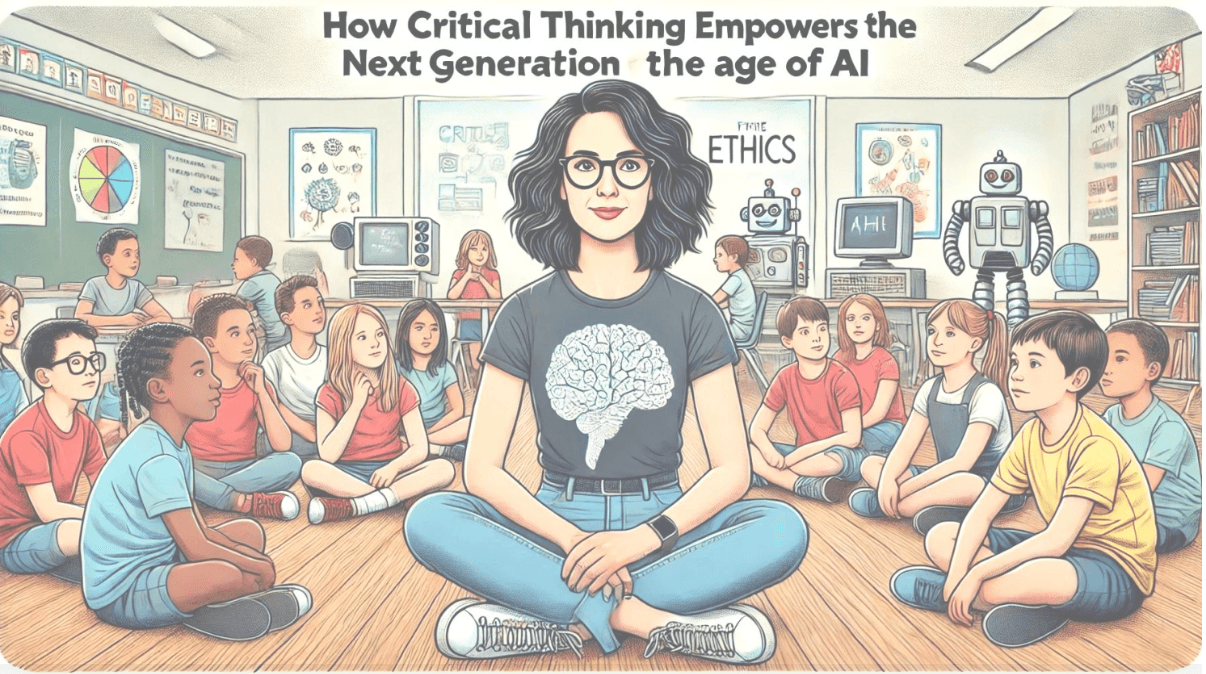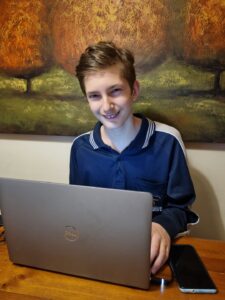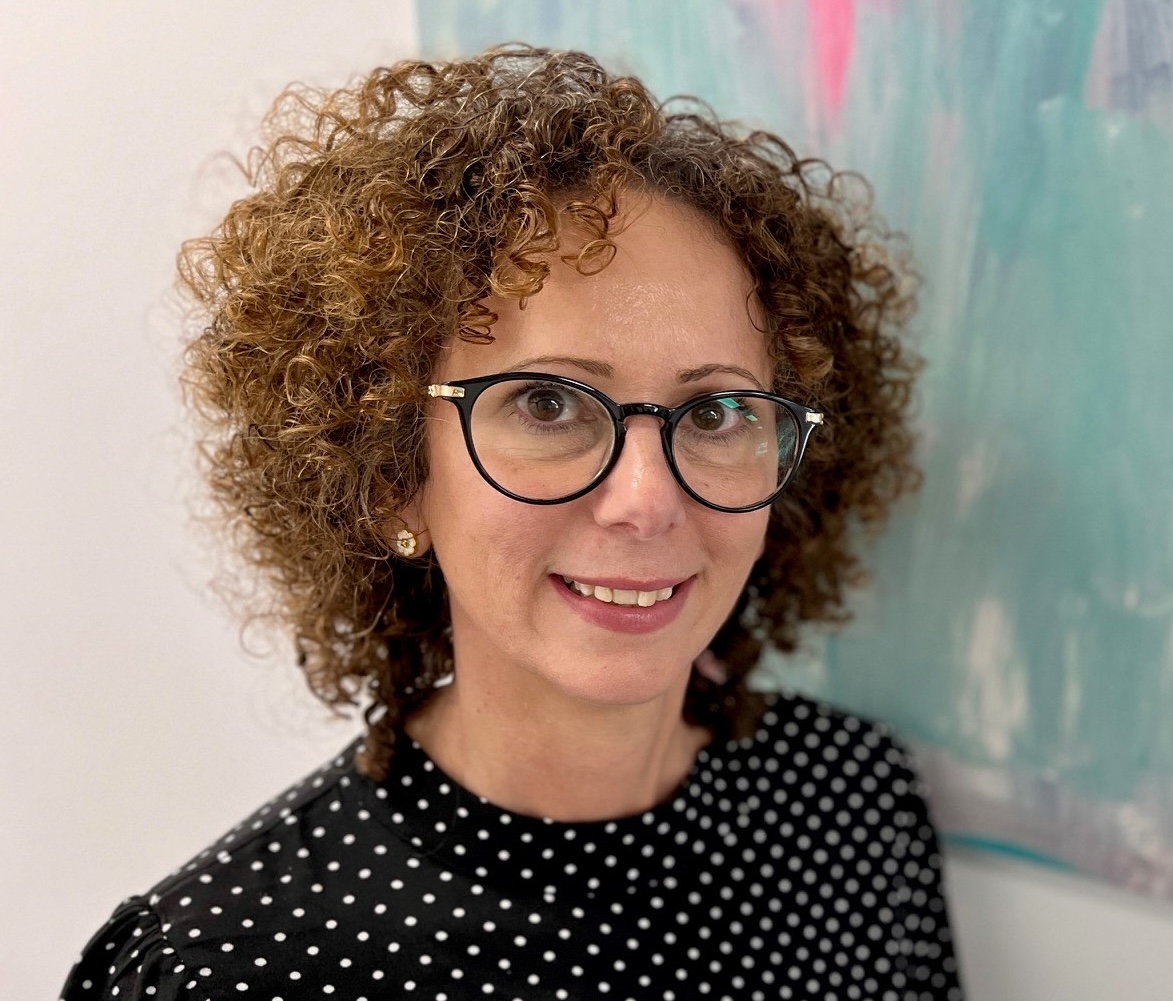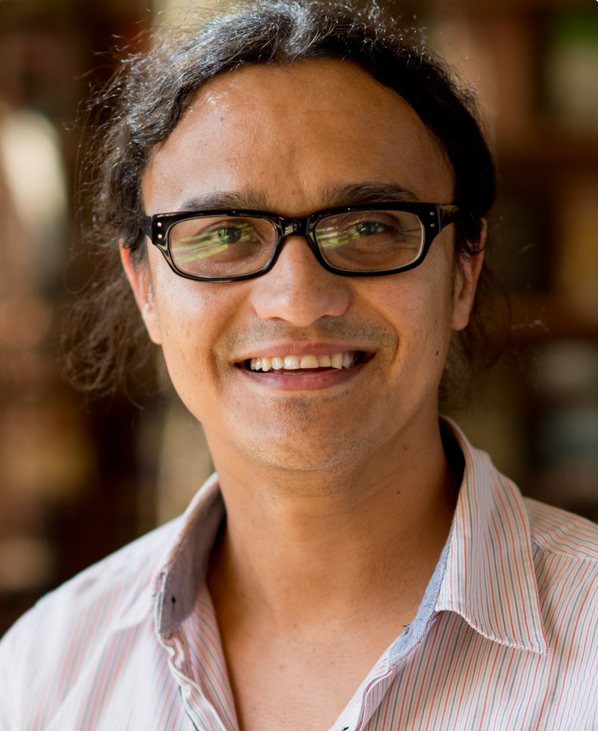A webinar for Global Ethics Day 2025 – Misinformation & fake news
We celebrated Global Ethics Day 2025, 15 October, with a webinar featuring an ethics class composed of adults (also including one current high school student of ethics) discussing one of our high school lessons – on misinformation and fake news. You can watch the video of the class and discussion below.
The webinar was hosted by journalist Sarah Macdonald. Primary Ethics philosopher-in-residence and curriculum author Kelby Mason facilitated the lesson – an edited version of a lesson that is currently taught in secondary schools by Primary Ethics volunteer teachers. A Q&A followed the lesson.
Our special guest students included Allegra Spender MP (Member for Wentworth), Ed Coper (strategic communications specialist and author of Facts and Other Lies), Primary Ethics volunteer teachers Alexa Stuart (Bob Brown Young Environmentalist of the Year 2024), Winnie Tang (aeronautical engineer), Jean-Paul Leung (ethics team coordinator) and Kevin Farmer (corporate social responsibility consultant), plus current Year 7 ethics student Abby Webb.
Global Ethics Day 2025 webinar
Set aside some time to watch it here – well worth it!








